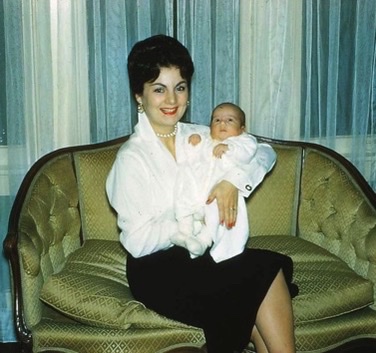 by Chiara Clayton, Social Media Strategist
by Chiara Clayton, Social Media Strategist
Social media can now make or break a social justice movement. It can enhance or destroy a company’s image. Both have been demonstrated in a major way in 2020.
In today’s world, if it is not on social media, it did not really happen. In March, we started seeing visuals of a global pandemic spreading across our computer and phone screens and eventually stopping life as we know it.
The more stories and articles about people testing positive for COVID-19 that were posted, the more real (and scarier) the virus became. Then we saw the murder of Ahmaud Arbery, a 25-year old unarmed African American man in Georgia, who was shot by two white men while jogging. This was immediately followed by video of George Floyd, a 46-year old African American man, who was killed during an arrest by a Minneapolis police officer who kneeled on his neck for over 8 minutes. Both acts went viral and ignited public outrage first, and then public protest like we had not seen in over 50 years.
If 2020 has shown us anything, it has solidified that social media has the power to legitimize issues, influence actions and make situations real. Some will argue that no charges would have been filed in the cases of both Arbery and Floyd’s killers if video evidence had not gone viral (Arbery was killed in February, but no arrests were made until May 7th, just two days after the video of the shooting hit social media). After protests started in Minneapolis that were sparked by George Floyd’s death, it took less than a week for other Minnesota cities to follow suit, then other states, and finally other countries. Each day people could log in to a platform and see thousands marching and chanting in solidarity and find out how to join a local protest wherever they were in the world!
We have seen protests against injustices before, but not quite like this. Then on June 5th, we saw another social media campaign advocating for the arrest of the police officers who killed Breonna Taylor, a 26-year old woman in Kentucky, who was shot and killed by police with a no-knock warrant in March. They raided her home overnight looking for someone who ended up already being in custody (one of the three police officers was finally arrested on June 20th).
Social media has played a huge part in the recent push for social change. It has made what has been going on in America REAL to more than just those who have experienced it.
It has also caused companies and organizations to step up their response to social issues overall. By now we have seen most major corporations, non-profits, and even television and entertainment companies issue statements on social media showing support for the end of systemic racism. It started with just a few, but because of the positive reaction from consumers and employees of these entities, it soon became a popular trend. In early June, there was #blackouttuesday, a call to refrain from posting on social media except for a single black square to show support for the Black Lives Matter movement. Major companies and local businesses also participated.
We have also seen the negative side effects of social media that can force companies to retract policies that have gone viral, creating calls for boycotts that spread on social media. All these examples show how much social media is a major influence today in furthering causes and driving companies to consider the positioning of their brands with their targeted audiences more than ever before.
The power of social media is evident in our current climate. Research tells us that 80% of Americans use social media. One post can start a revolution, connect people at the speed of light, and push corporations to really listen and respond to their consumers. It is also an important component to any communications strategy. Social media is truly the worldwide lens that is putting a spotlight on us finally becoming the change we want to see.







Leave A Comment
You must be logged in to post a comment.